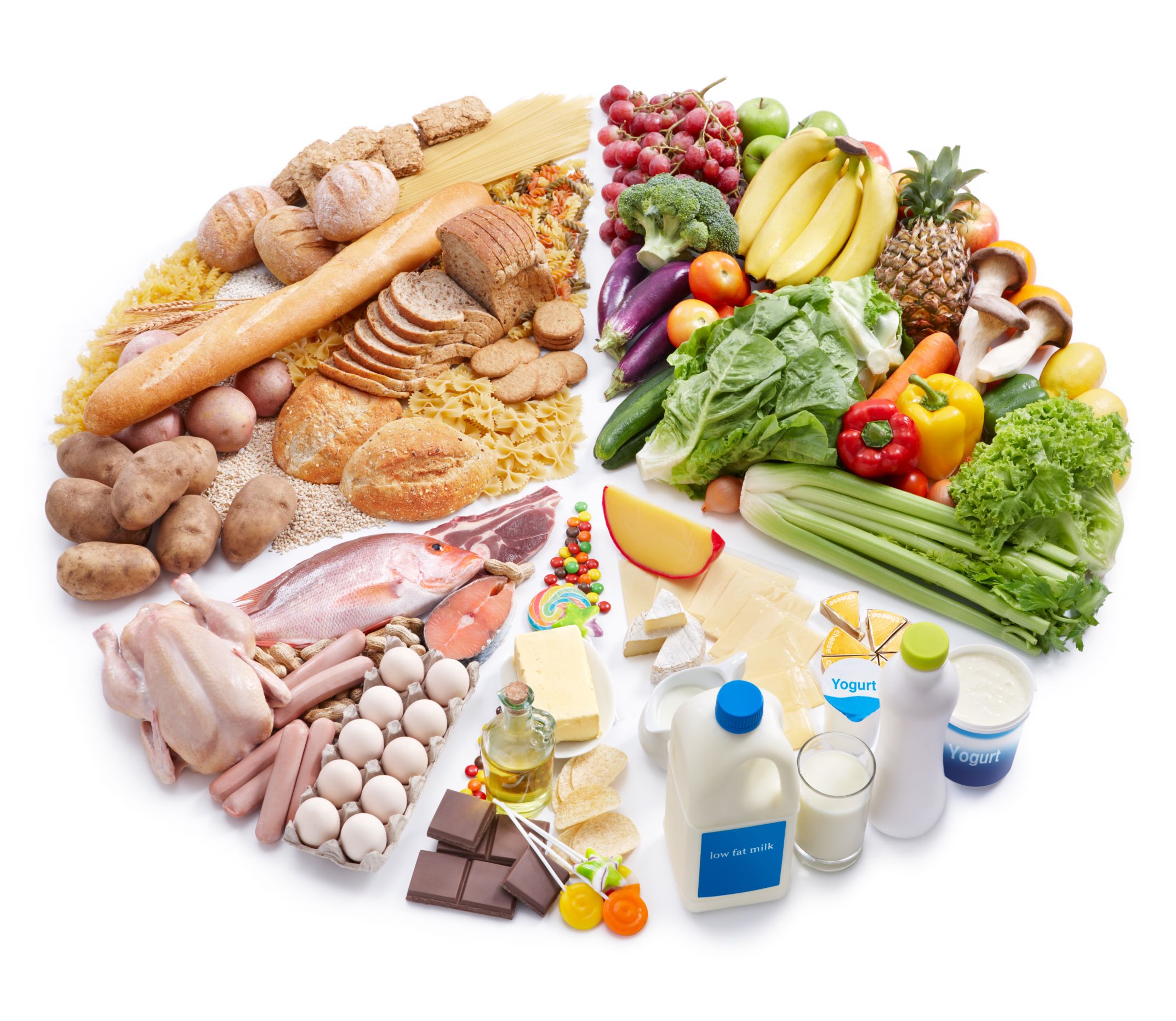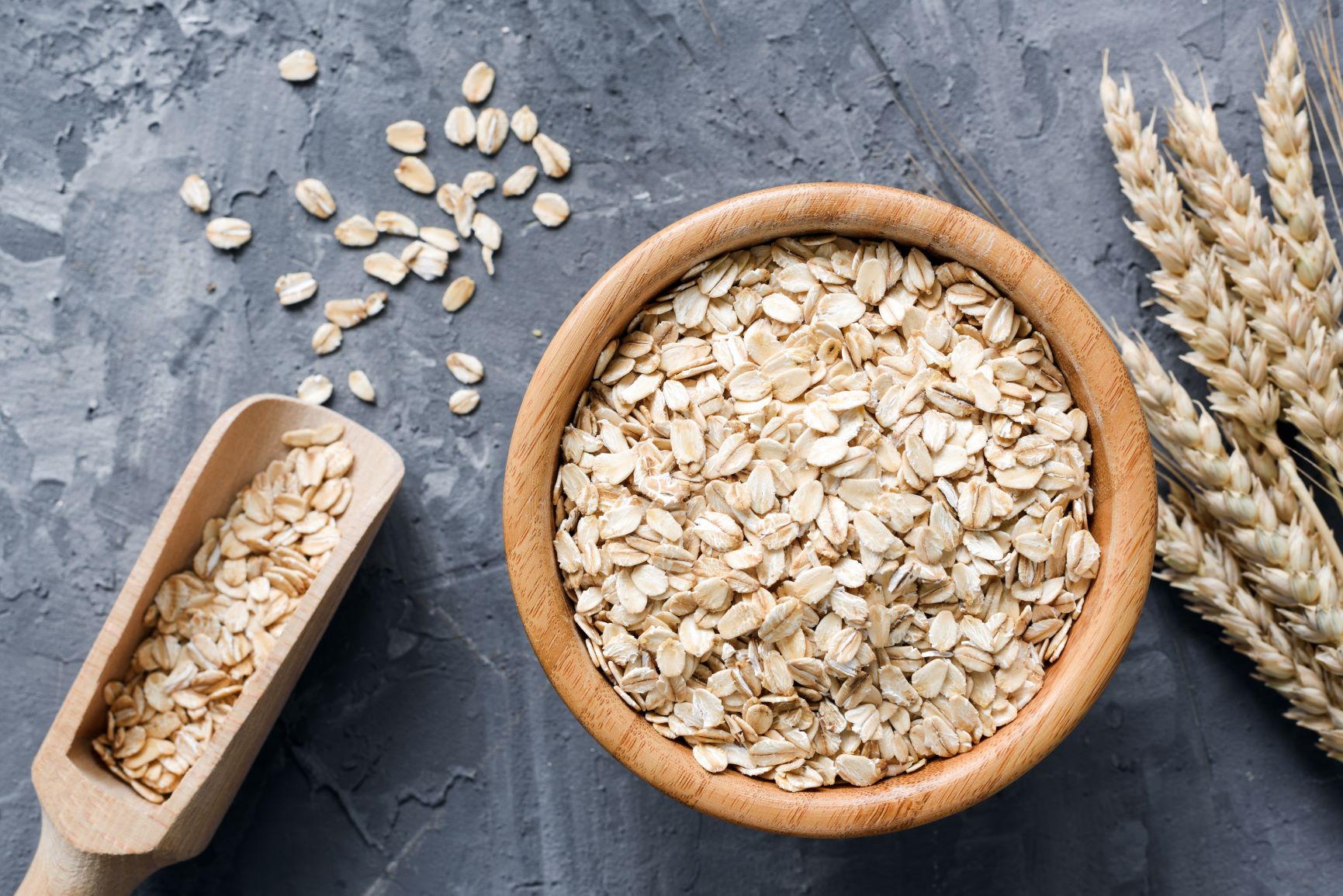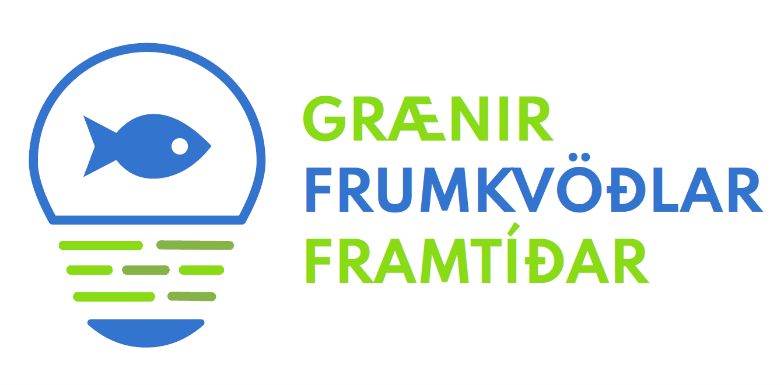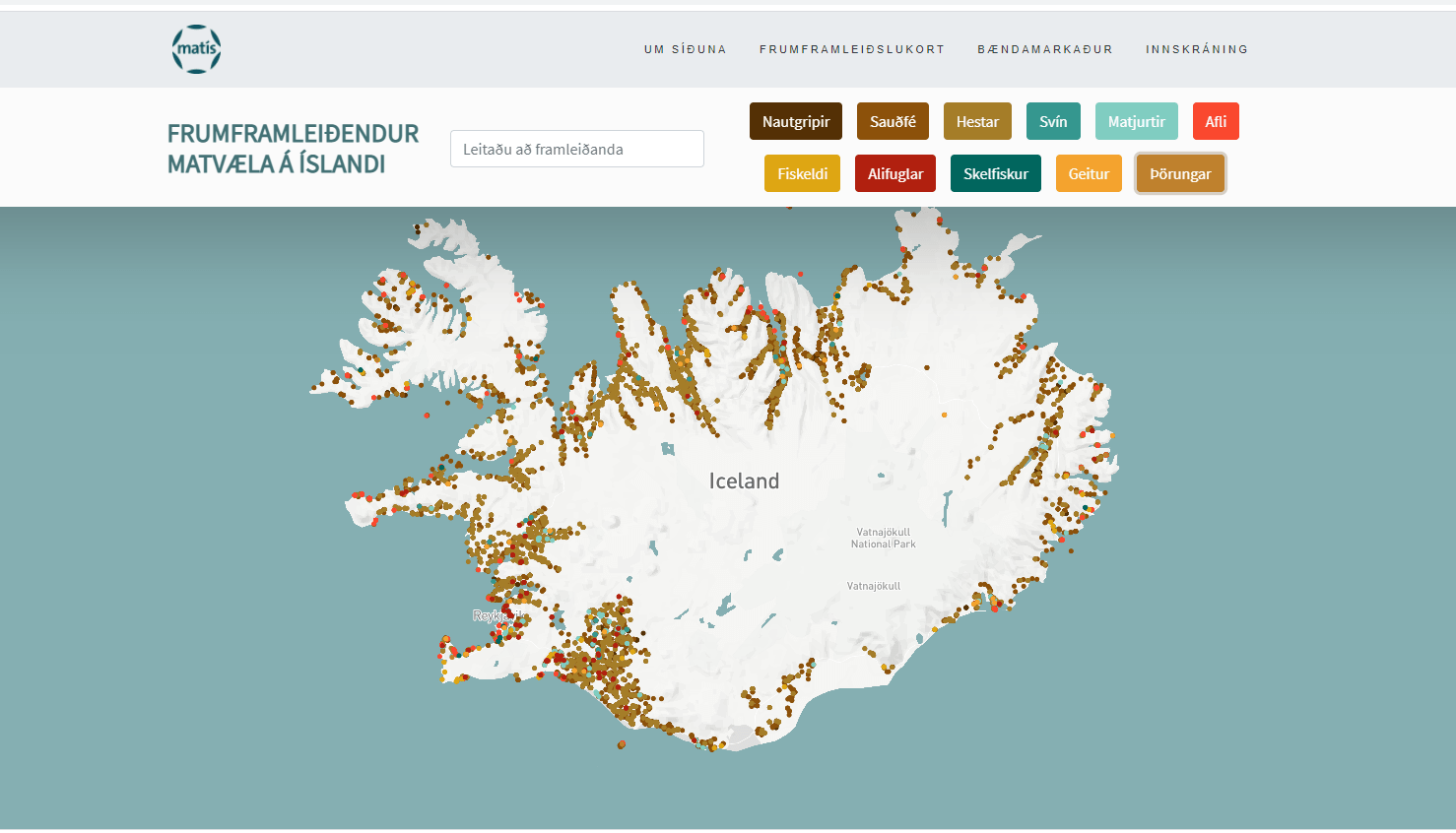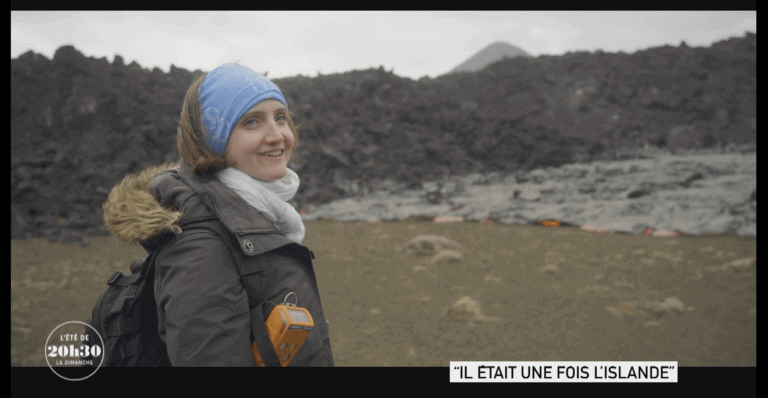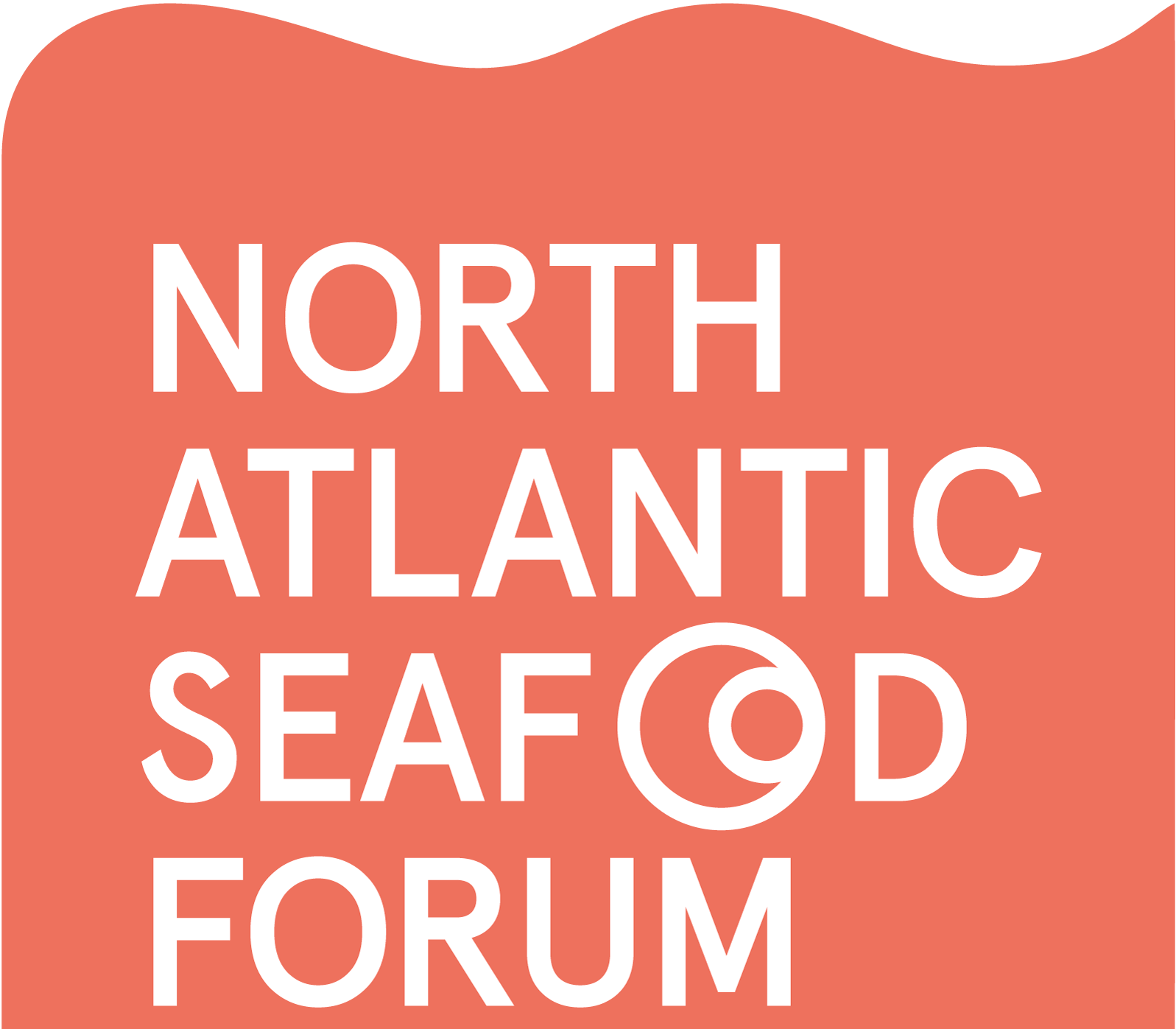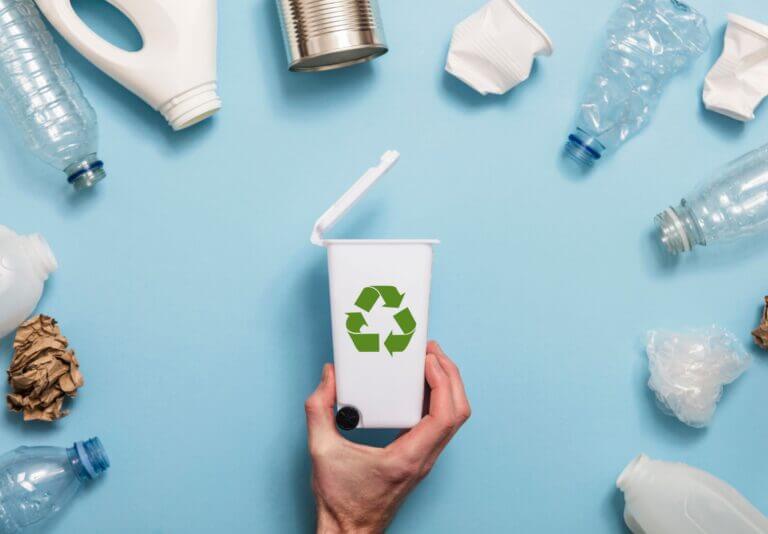A course on increasing the value of by-products of food production
Matís, Háskóli Íslands og Institute of animal reproduction and food research Polish academy of sciences in Olsztyn eru nú í […]
A course on increasing the value of by-products of food production Nánar »
